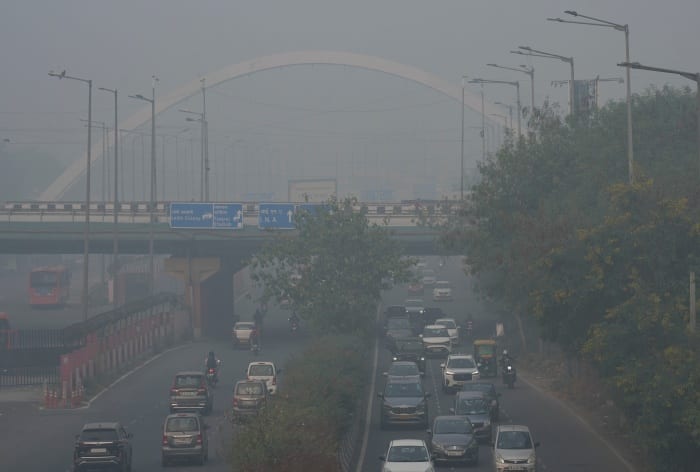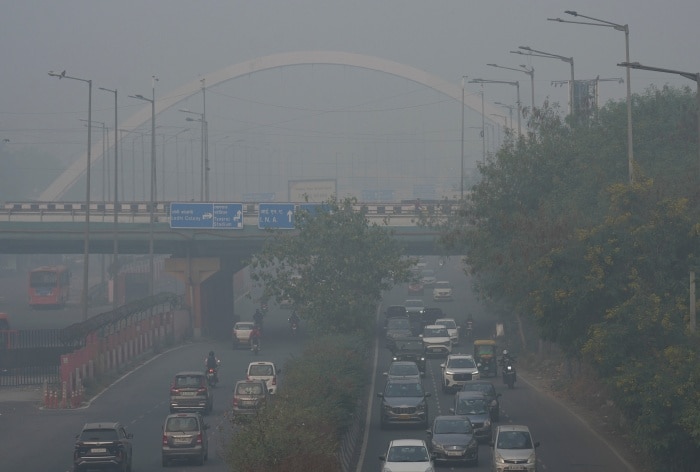According to a recent study, air pollution can also have negative impact on the brain leading to higher risk of Parkinson’s disease.

Air pollution effect is not just restricted to respiratory issues, lung problems, skin damage, eye strain etc. The toxic pollutants in the air can also impact the everyday functioning of our brains. A recent study led by Brittany Krzyzanowski from the Barrow Neurological Institute in Arizona sheds light on the potential link between air pollution and this debilitating neurodegenerative disorder. The study concluded that a moderate level of fine particle pollution can be associated with a 56 per cent higher risk of developing Parkinson’s disease
Previous studies have shown that fine particulate matter, or PM2.5, can cause inflammation in the brain, which is “a known mechanism by which Parkinson’s disease could develop,” according to lead researcher Brittany Krzyzanowski.
“Regional differences in Parkinson’s disease might reflect regional differences in the composition of the particulate matter. Some areas may have particulate matter containing more toxic components compared to other areas,” said Krzyzanowski.
What is Parkinson’s Disease?
Parkinson’s disease is a degenerative disorder of the central nervous system characterised by tremors and impaired muscular coordination.
There are certain motor and non-motor symptoms that may help individuals identify the early onset of Parkinson’s disease:
Non-motor symptoms:
- People start facing cognition decline in terms of finding words, making judgments etc.
- Loss of smell
- Parkinson’s patients have a tendency to develop depression and anxiety. They may also experience mood disorders.
- Constipation slowed digestion.
- People can also experience light-headedness often and for a prolonged time
- Low blood pressure while standing
Motor Symptoms:
- Tremors: Shaking of hands, or leg can be a first sign of Parkinson’s.
- Rigidity: There could also be a sudden rigidity in the limbs
- Posture Instability: Facing problems balancing the body slowing developing a slumped or stooped posture.
- Bradykinesia: slow movement in the body
The researchers said that such population-based geographic studies had the potential to reveal important insight into the role of environmental toxins in the development and progression of Parkinson’s. “These same methods can be applied to explore other neurological health outcomes as well,” said Krzyzanowski.

